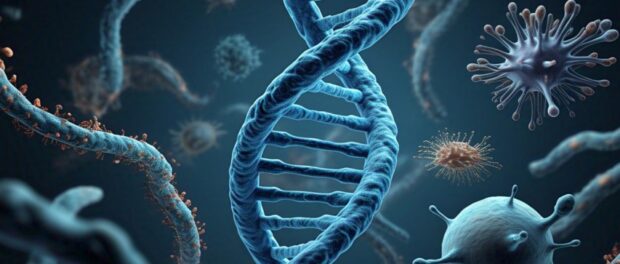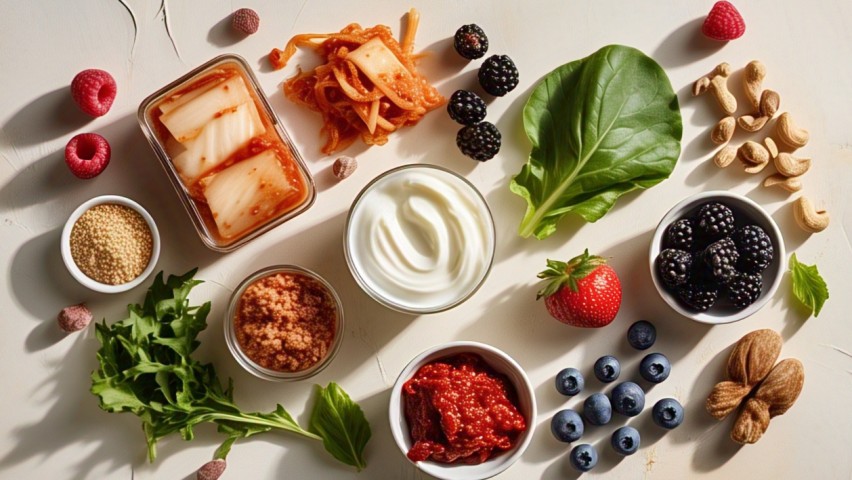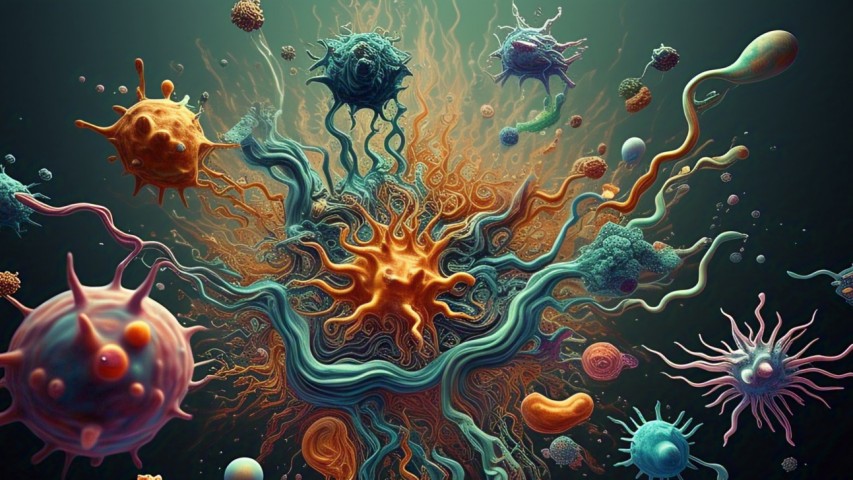The Role of Microbiome Diversity in Holistic Healing

In recent years, the intricate ecosystem of microbes living within and on our bodies, collectively known as the microbiome, has emerged as a pivotal factor in human health and wellness. From gut bacteria to skin flora, these microscopic organisms play roles far beyond digestion or infection resistance. Their diversity, or lack thereof, is increasingly recognized as a fundamental cornerstone in holistic healing, which views the body as an interconnected system rather than a collection of separate organs and diseases. This article explores the role of microbiome diversity in holistic healing and how nurturing a thriving microbiome can influence physical, emotional, and even spiritual well-being.
Understanding the Human Microbiome
The human microbiome is composed of trillions of microorganisms including bacteria, fungi, viruses, and protozoa. Most reside in the gut, but significant populations live on the skin, in the mouth, and in other mucosal areas. These microbial communities are shaped by diet, lifestyle, environment, genetics, medications (especially antibiotics), and even birth method (vaginal vs. cesarean).
A diverse microbiome means there is a rich variety of microbial species, which contributes to a resilient, well-balanced internal ecosystem. This diversity is vital because different microbes perform different essential functions, such as synthesizing vitamins, fermenting fiber, training the immune system, and protecting against pathogens.

Microbiome Diversity and Its Impacts on Health
1. Immune System Modulation
A diverse microbiome helps educate and regulate the immune system. It teaches immune cells to distinguish between friend and foe, essential in preventing autoimmune diseases and chronic inflammation. A poorly diversified microbiome has been associated with asthma, allergies, eczema, and autoimmune conditions like Crohn’s disease or lupus.
2. Digestive Health and Nutrient Absorption
Gut bacteria play a key role in digesting food, especially plant fibers that human enzymes can’t break down. They ferment these fibers into short-chain fatty acids (SCFAs) like butyrate, which support colon health, reduce inflammation, and promote satiety. A diverse gut microbiota enhances this process, leading to better nutrient absorption and reduced gastrointestinal issues such as bloating, constipation, and irritable bowel syndrome (IBS).
3. Mental and Emotional Well-being
The gut-brain axis, a complex communication network between the gastrointestinal tract and the brain—is profoundly influenced by gut microbes. Some bacteria produce neurotransmitters such as serotonin and GABA, which influence mood, anxiety, and cognitive function. Reduced microbiome diversity has been correlated with depression, anxiety disorders, and neurodegenerative conditions like Alzheimer’s and Parkinson’s disease.
4. Metabolism and Weight Management
Microbial balance influences how efficiently the body extracts calories from food and regulates fat storage. Studies have found that people with obesity often have lower microbial diversity and different gut bacteria compared to lean individuals. Enhancing diversity through diet and lifestyle changes can support healthy weight management and metabolic balance.
5. Skin Health
The skin microbiome acts as a physical and immune barrier. A diverse skin microbiome protects against infections, regulates inflammation, and maintains skin pH. Conditions like acne, eczema, and psoriasis often stem from microbial imbalances. Topical probiotics and holistic skin-care routines that support microbiome health are gaining popularity for their natural and integrative effects.

Microbiome Diversity in Holistic Healing Practices
Holistic healing emphasizes prevention, balance, and root-cause resolution. Enhancing microbiome diversity is perfectly aligned with these principles.
1. Nutritional Therapy
Holistic nutrition encourages diets rich in whole, plant-based foods, which naturally increase microbial diversity. Key recommendations include:
- Prebiotic foods (garlic, onions, leeks, asparagus, bananas)
- Probiotic foods (yogurt, kefir, kimchi, sauerkraut, miso)
- Fermented beverages (kombucha, kvass)
- High-fiber diets that feed beneficial bacteria
Avoidance of processed foods, artificial sweeteners, and unnecessary antibiotics also plays a vital role.
2. Stress Reduction and Mind-Body Medicine
Chronic stress alters gut permeability (“leaky gut”) and reduces microbial diversity. Holistic approaches like meditation, yoga, deep breathing, nature immersion, and somatic therapy help regulate the nervous system, thereby supporting a healthier gut environment.
3. Natural Detoxification
Many holistic healing traditions, including Ayurveda and Traditional Chinese Medicine, emphasize gentle detoxification to cleanse the digestive system and reset the microbiome. These may involve fasting, herbal therapies, enemas, and liver support practices.
4. Minimalist and Natural Body Care
Commercial personal care products often contain antibacterial agents that strip away beneficial microbes. Holistic skin and body care encourages the use of natural, microbiome-friendly products that maintain the integrity of the skin flora.
Rewilding the Microbiome
One concept gaining momentum in holistic circles is “rewilding” the microbiome, restoring ancestral microbial diversity lost to modern lifestyles. This can include:
- Spending more time outdoors, especially in forests and natural environments
- Interacting with animals and soil, which exposes the body to diverse microbial species
- Living in less sanitized conditions, where safe and appropriate
- Natural childbirth and breastfeeding, to help seed the infant microbiome
These practices reflect how traditional, indigenous, and nature-based lifestyles inherently supported robust microbiomes.

The Future of Holistic Healing and Microbiome Science
As science uncovers more about the microbiome’s intricacies, its integration into holistic healing will likely deepen. We can expect:
- Microbiome profiling and personalized gut health plans
- Targeted probiotic and postbiotic therapies
- Greater recognition of the gut-brain-skin axis in mental and dermatological health
- Ecological models of health that see humans as part of a broader microbial world
Conclusion
Microbiome diversity is no longer a niche interest, it is a foundational element of health that intersects with every system in the body. In holistic healing, where the mind, body, and spirit are treated as an integrated whole, nurturing the microbiome offers a powerful path to balance, resilience, and vitality. By embracing dietary wisdom, natural living, and lifestyle mindfulness, we can cultivate inner ecosystems that truly thrive—echoing the profound healing wisdom of nature itself.




Leave a comment